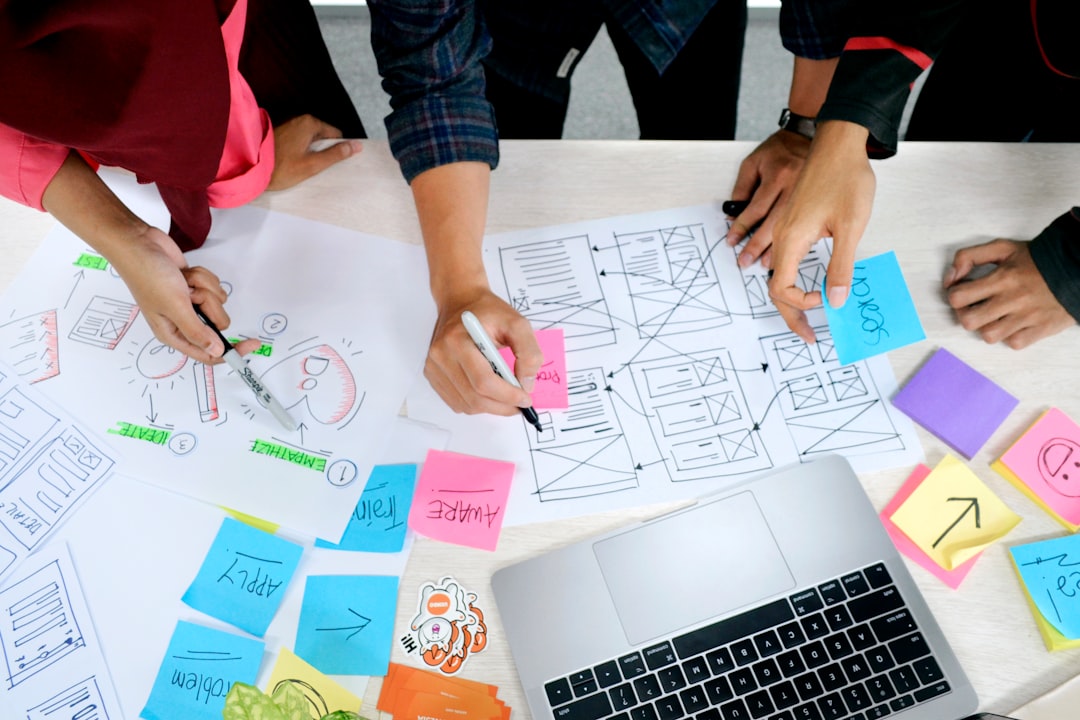What is it about?
Although expertise generally helps us to perform better in a specific domain, it can also have negative effects. Experts can rely upon complex and partly automatized processes, yet these are undesirable in certain -like very novel- contexts as they produce stereotypical attitudes, biased behavior and prejudices. This article offers a novel interdisciplinary framework to explain why this is the case and draws some lessons for avoiding an expert's potential 'cognitive monster'.
Featured Image

Photo by heylagostechie on Unsplash
Why is it important?
Offering a fresh integrative account and theoretical framework of recent insights in expertise from a variety of disciplines - cognitive neuroscience, education, psychology and philosophy - this article has also a practical aim. Next to explaining how expertise can lead to undesirable effects due to automatic cognitive processes when facing novel situations and social interactions, it suggests corresponding ways to mitigate such effects, with a focus on educational practice.
Perspectives
It was a pleasure to apply the integrative interdisciplinary framework on expertise which I have developed in previous publications to the practical problem, of why experts are sometimes prone to biases, prejudices, stereotypical responses etc. Fortunately, the explanation of why this is the case also suggests strategies for avoiding such behavior and cognition. Being a researcher and academic educator myself, with a keen interest in reflection and metacognition as well as diversity and inclusion, I enjoyed using educational practice as an example.
Machiel Keestra
Universiteit van Amsterdam
Read the Original
This page is a summary of: Drawing on a Sculpted Space of Actions: Educating for Expertise while Avoiding a Cognitive Monster, Journal of Philosophy of Education, August 2017, Wiley,
DOI: 10.1111/1467-9752.12254.
You can read the full text:
Resources
Contributors
The following have contributed to this page










